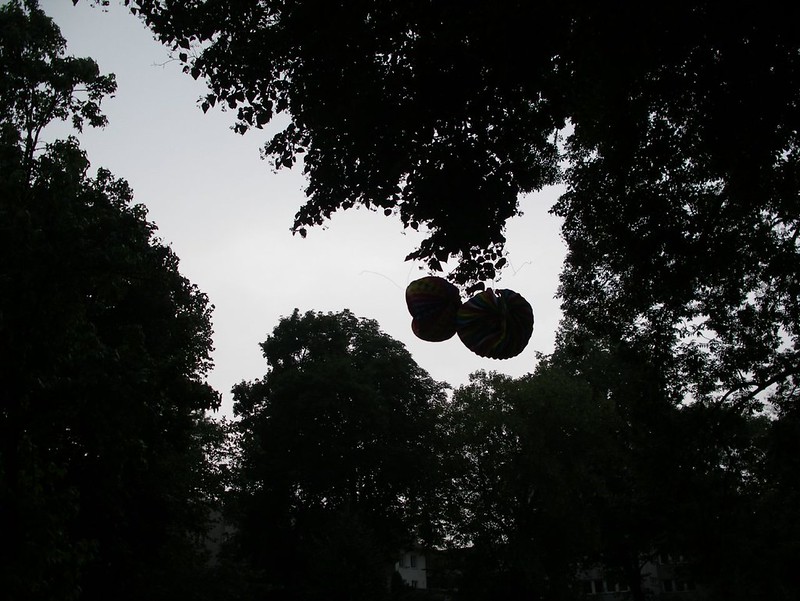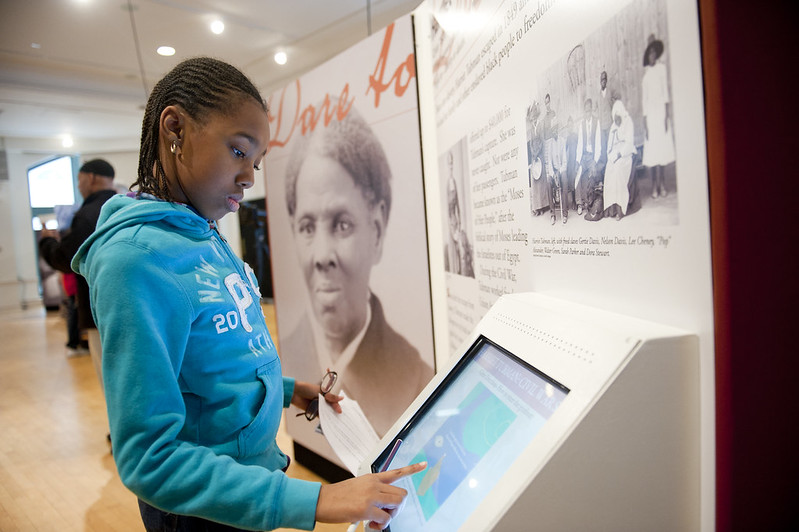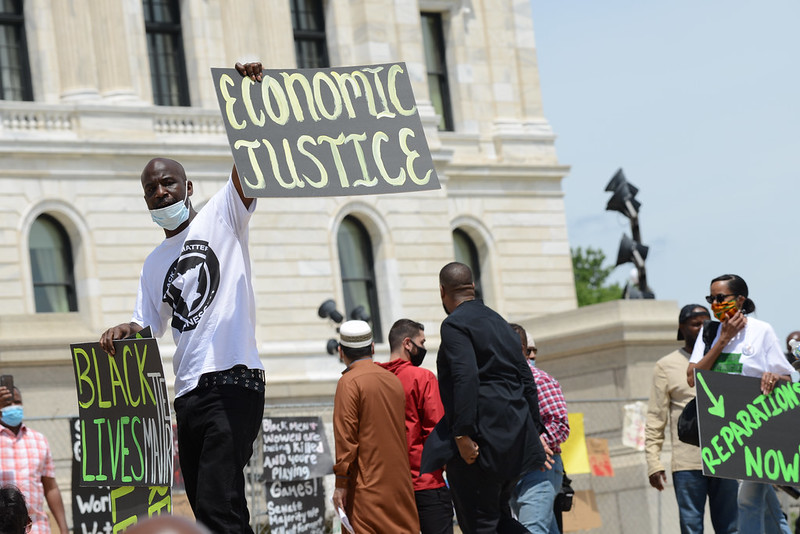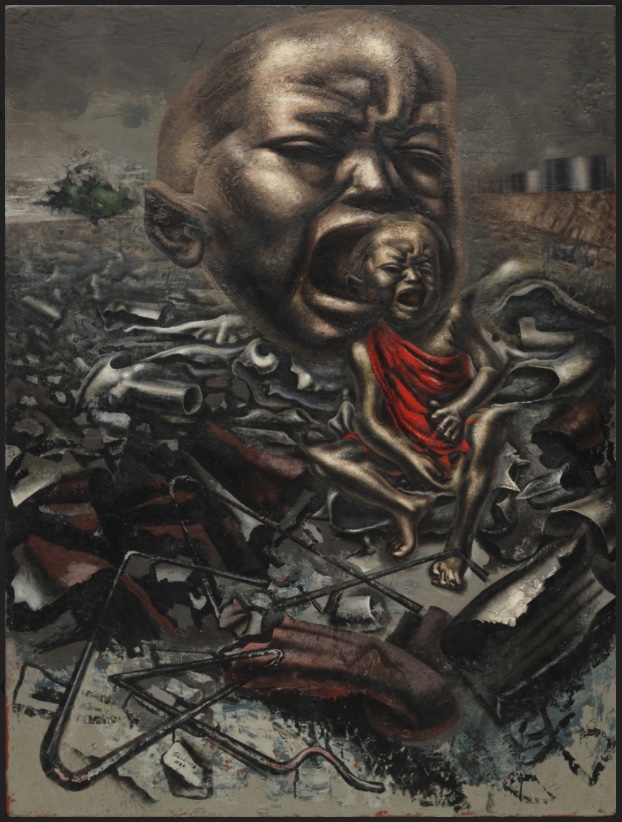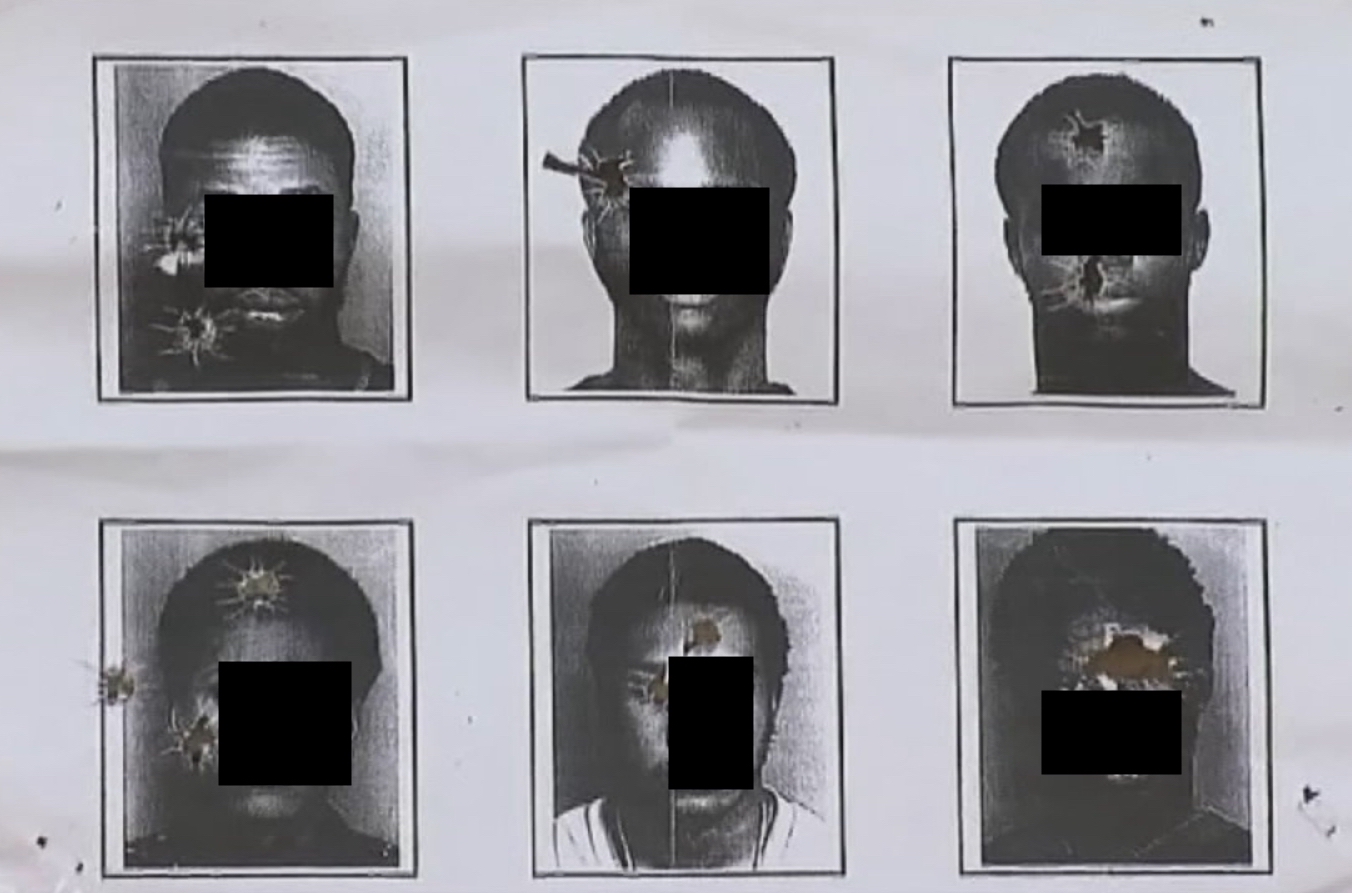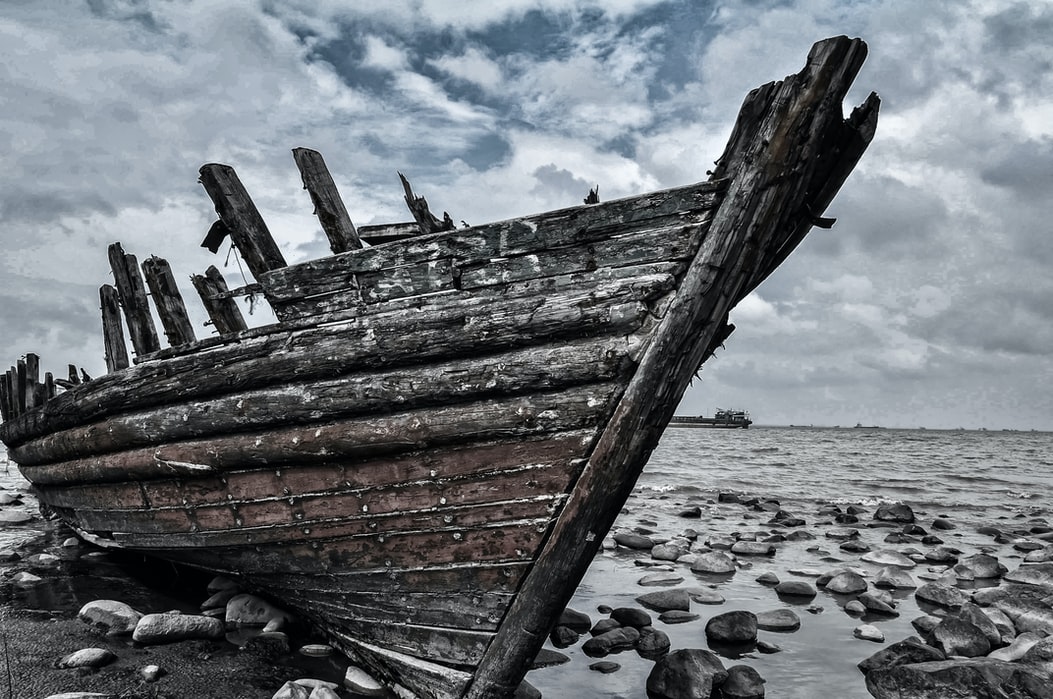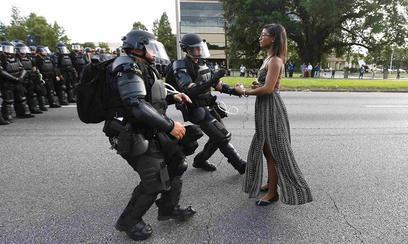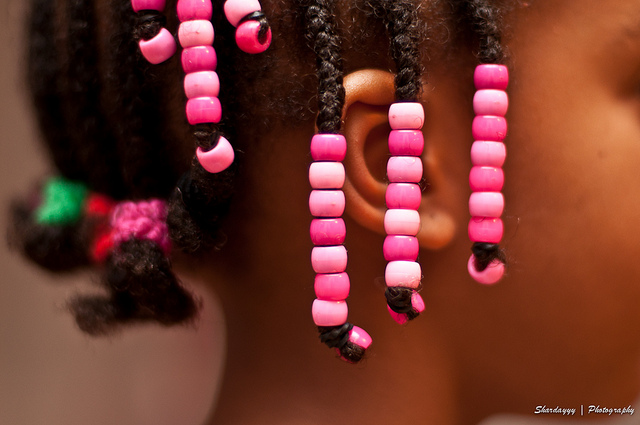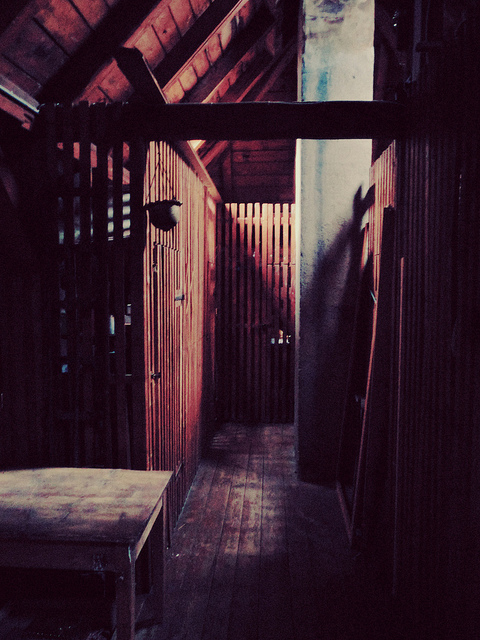Two Poems by Renee McClellan
Black Listopia
I feel like an idiom that drips from Baldwin’s pen
“that” angry Black woman negotiating sin
I AM NOT YOUR NEGRO! A thing to be had
Thick lips, curvaceous hips, or a fashion fad
You can’t set me like diamonds
Or string me like pearls
Pick on my afro, then appropriate my curls
I AM A BLACK WOMAN
Black, Brown, and Yella, too
Why are you fucking with me? I don’t fuck with you.
I feel like a literary assault by Langston Hughes
An angry Black woman and her Weary Blues
I, TOO, SING AMERICA, a pejorative dream
Ghosts of my ancestors flow in my blood stream
That white picket fence and that sweet apple pie
That dream wasn’t mine, that nightmare’s a lie
Like a Raisin in the sun, do I fester, do I run
What happens to a dream Deferred, you’re looking at it
You haven’t heard?
I AM A BLACK WOMAN
Black, Brown, and Yella, too
Stop fucking with me and I won’t fuck with you
I feel like a mythical logophile, words linger & prod
Like Zora Neale Hurston
MY EYES ARE WATCHING GOD
Truth be told, Every tongue must Confess
Like Dust on the Road, I’m God’s perfect mess
Perfectly flawed and divinely conceived
All of Africa holds the mystery that is me
Ripped from my familiar, felt the soul of my seed
My daughters are raped and my sons can’t breathe
I’m a paradigm of potency, a leather-bound force,
An African fused American on a reparation course
I AM A BLACK WOMAN
Black, Brown, and Yella, too
I will NOT apologize for this trauma, FUCK YOU!
Angelou knew and her encouragement wise
Like a phoenix from its ashes – Still I rise
A PHENOMENAL WOMAN, phenomenally
I’m a Queen like Sheba with the bones of Lucy
With all that was taken on that infamous boat ride
My womb for stock and trade for my babies genocide
I should be angry, it’s justifiably so,
You auction the fruit of my womb then call me a ho
You ripped from mother African, the Proverbs of her son
And refused to Honor her for the work that she has done
Her children will RISE like the sun bathed in blue
Ebony warriors and the daughters of Shaka Zulu
I AM A BLACK WOMAN & I’m angry as fuck
But forgiveness in this moment, bitch, Good Luck!
I’m not the PEACE you seek, I wont lay down and die,
I wont turn the other cheek, I want an eye-for-a-mother-fucking-eye
I AM A BLACK WOMAN
This is the America I Sing
But you keep fucking with me,
HERE!
Hold my mother-fucking earrings!
That Tree
Strange fruit hanging from that tree
The crown shudders with each crosswind
Leaves of humanity blow like flecks of dust on the sea
Seeds sprinkled on top of soil
The roots spiral deep and strong,
The branches sway,
reaching for the sun limbs refusing to break
Spiny twigs like fingers closed around a tight fist
The trunk solid taking shape
Searching for a place to exist
Branches reaching toward the warmth of the sun
But meeting the coldness of too much shade
flailing in mercy
No sustenance to nurture its existence
Life dangles from that tree
Dangling shapeless
caught in the ambiguity of the whistling wind
the fruit falls from the tree
pulled to the ground by desire
thick tentacles of hope
Strange fruit growing on that tree
Renee McClellan, a Chicago native and writer of the EMMY award winning PSA, Pick Me! – Toy Loan, began her career performing with elite theater groups in Chicago. As a film and television actor, she performed in such productions as Brewster’s Place, Seinfield, and Deep Impact. She continued on to writing, directing and producing various film and television projects. A graduate of Chapman University with a BFA in Film Production, she also has an MFA in Screenwriting from The American Film Institute (AFI). A Long Beach resident, Renee has produced many award-winning productions often using Long Beach as the backdrop of her artistic expression. She is currently a professor at Pepperdine University, a best-selling author, and an award-winning filmmaker.
Photo credit: Lynne Hand via a Creative Commons license.
A note from Writers Resist
Thank you for reading! If you appreciate creative resistance and would like to support it, you can make a small, medium or large donation to Writers Resist from our Give a Sawbuck page.

